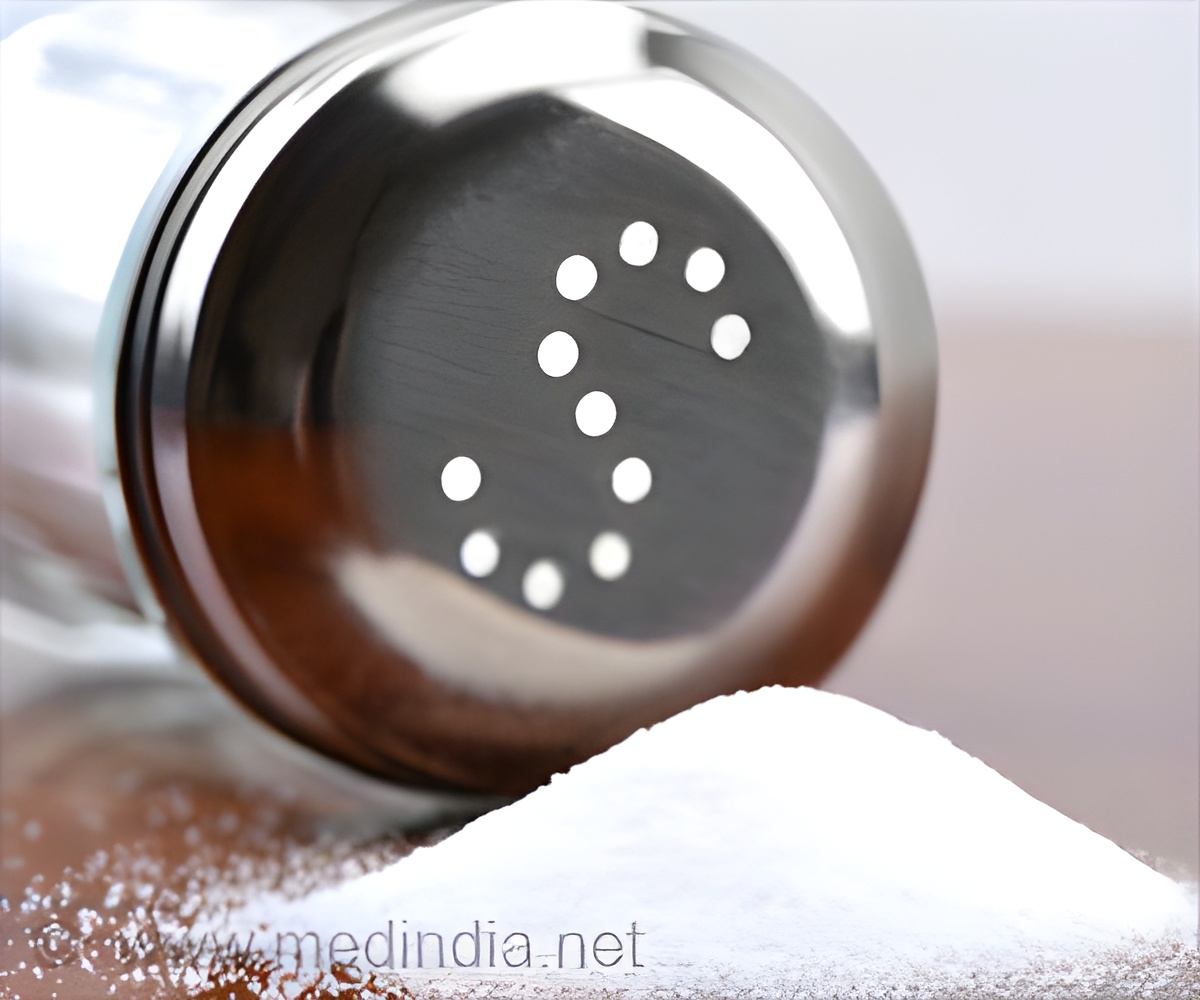Around 76.3 percent of Indian households consume adequately iodized salt necessary for optimal mental and physical development, reports a new study.

‘A daily iodine intake of 150 micrograms is needed to prevent iodine deficiency disorders, and this can be achieved by using adequately iodized salt.’
Read More..




"The results show that industry regulators, state and central government, and other stakeholders have played a critical role in the success so far. It is now time for us to step up our efforts to achieve full USI by 2022," said Vinod Paul, Member (Health and Nutrition), NITI Aayog. Read More..
"The survey is a very good effort to estimate the progress so far scientifically, and we need to accelerate progress in states that are facing challenges," he added.
The survey, including a total of 21,406 households, tested the iodine content in samples of cooking salt from households to estimate the coverage of the use of adequately iodized salt.
A total of 55 percent of those surveyed had heard about iodized salt, and 61.4 percent mentioned prevention of goitre as the primary benefit of consuming iodized salt. Awareness about iodized salt was 62.2 percent in urban areas and 50.5 percent in rural areas.
The study also found that around 56 percent of the consumers identified iodized salt at the time of purchase from the word 'iodized' printed on the packet. Around 21 percent relied on information from the shopkeeper for their purchase.
Advertisement
The survey revealed that around 82 percent of the households used refined salt, whereas 12.7 percent used crystal salt and 5.3 percent used crushed salt.
Advertisement
The study also shows the need to step up efforts to ensure all households consume adequately iodized salt while sustaining the gains achieved over the years to protect everyone from the risk of iodine deficiency disorders.
"We are confident that the results from the India Iodine Survey 2018-19 will guide policy decision and interventions needed to sustain the progress and step up efforts to reach Universal Salt Iodisation," said Andrew O Connell, Nutrition International's Regional Director, Asia.
Source-IANS









